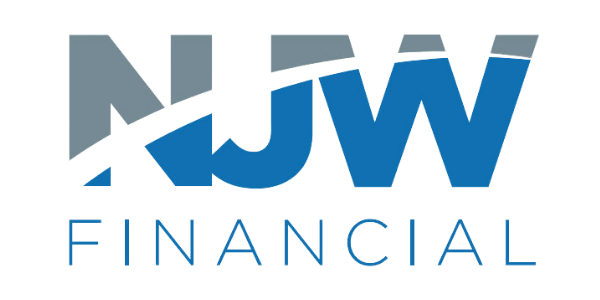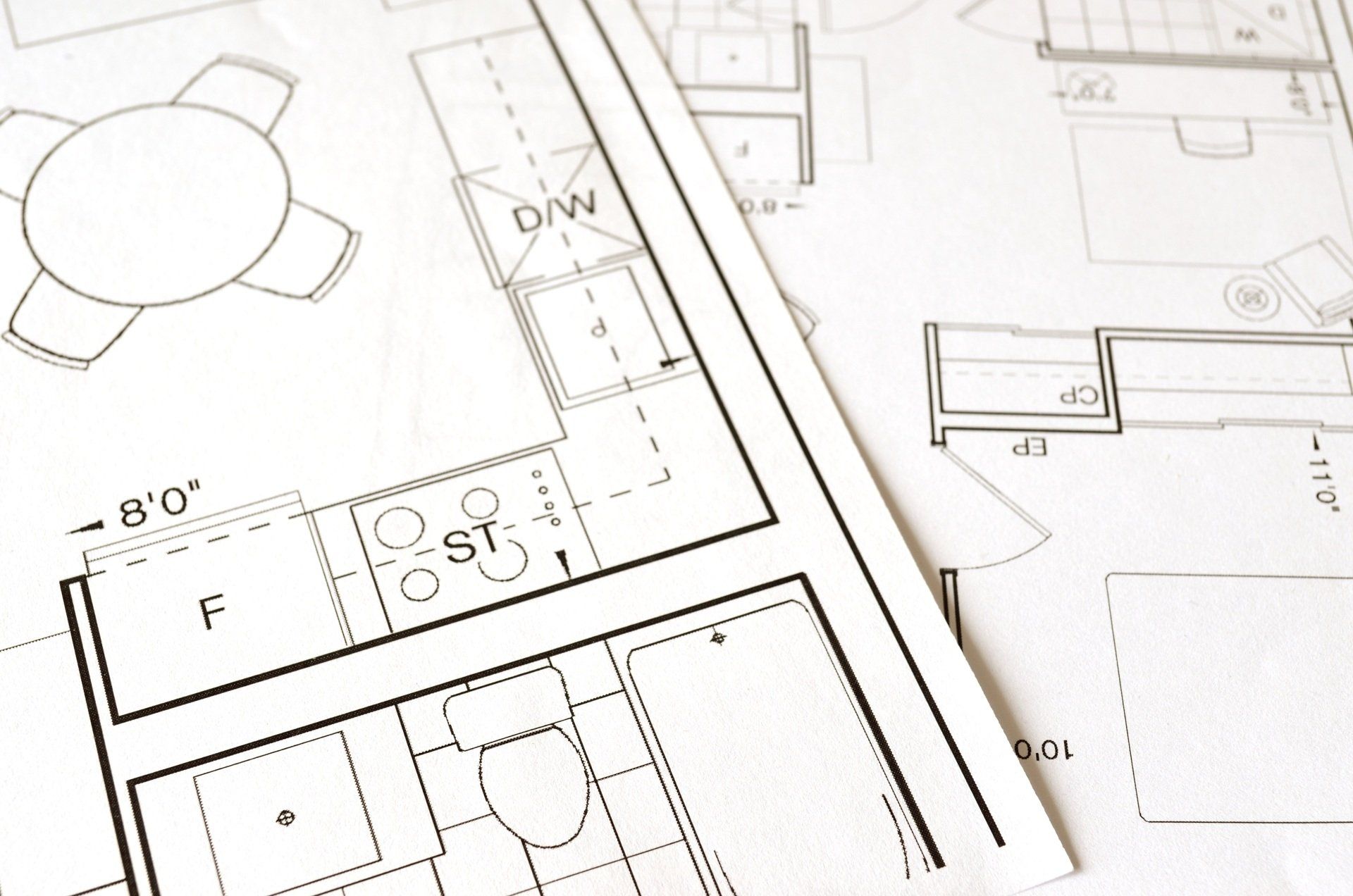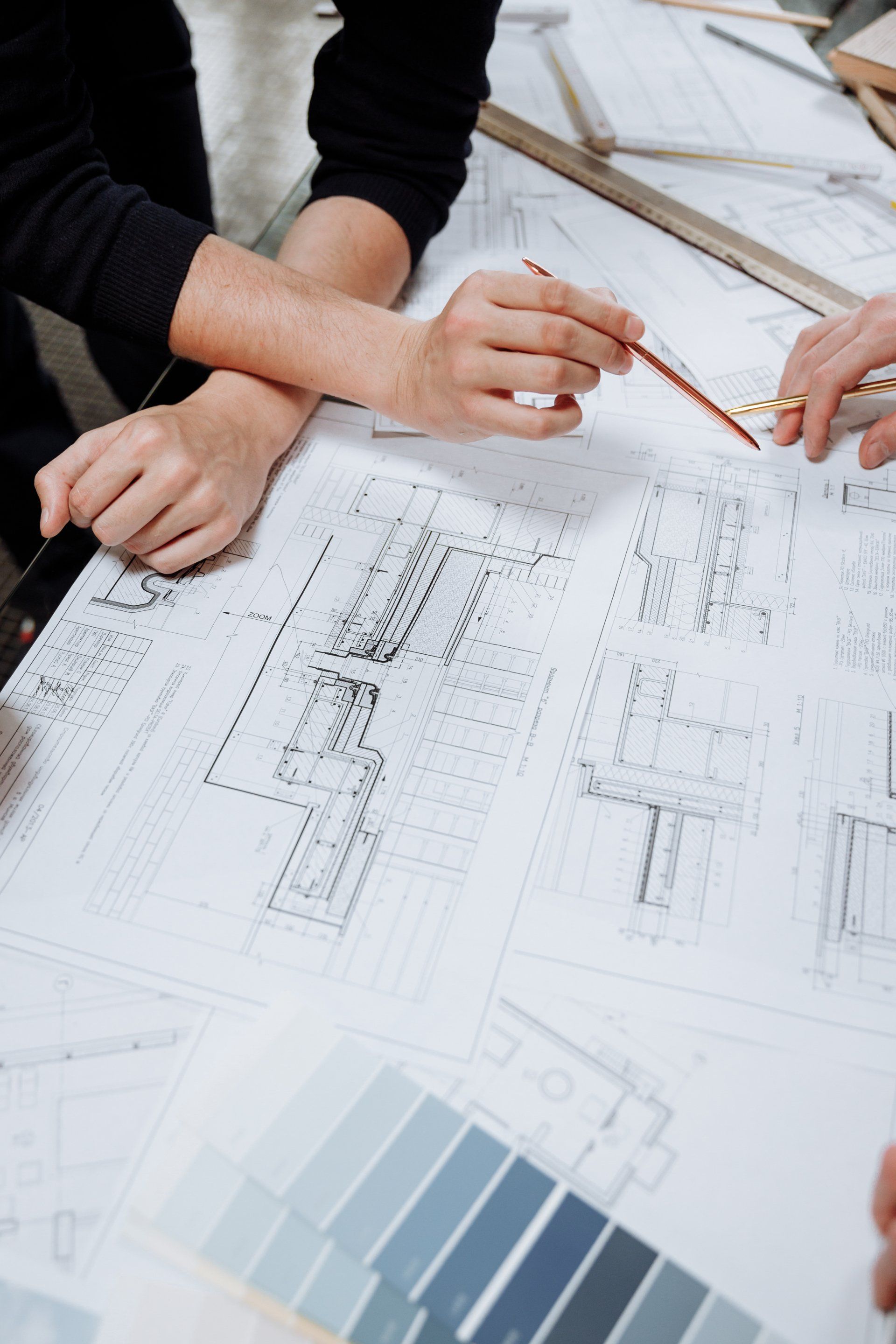From Planning to Financing: Everything You Need to Know About Self Build Mortgages
Building your dream home is an exciting prospect. It gives you the opportunity to create a home that suits your style, preferences and family's needs. However, building a home can be an expensive undertaking, especially if you don't have the finances upfront. This is where self-build mortgages come in handy. In this guide, we'll cover everything you need to know about self-build mortgages in Northern Ireland. So, let's get started!
What are self-build mortgages?
Self-build mortgages are loans designed to help you finance the construction of your own home. Unlike traditional mortgages, self-build mortgages are released in stages as the building work progresses. This means you only pay interest on the money you have received, which can help keep your costs down. Self-build mortgages Northern Ireland can be used for a range of building projects, from building a home from scratch to renovating an existing property.
YOUR HOME MAY BE REPOSSESSED IF YOU DO NOT KEEP UP REPAYMENTS ON YOUR MORTGAGE
How do self-build mortgages work?
If you're considering a self-build and need a mortgage, here's how the process works:
Planning: Before you can apply for a self-build mortgage, you'll need to have a detailed plan of your building project. This should include your budget, building plans and planning permission.
Deposit: Self-build mortgages usually require a larger deposit than traditional mortgages. Typically, lenders require a minimum of 25% deposit to secure the loan.
Release of funds: Unlike traditional mortgages, self-build mortgages release funds in stages as the construction work progresses. The lender will send out a surveyor to check the progress of the build before releasing each stage of funds.
Interest: With selfbuild mortgages, you only pay interest on the money you have received, which can help keep your costs down.
Final payment: Once the building work is complete, you'll need to make a final payment to settle the mortgage. This can be done through the sale of your previous property, savings or by refinancing the mortgage.
An earlier stage might be site purchase, although worth noting that most lenders prefer if the borrower already owns the site to be built out on. However, options do exist for those who wish to borrow to assist with the purchase of the site too.
Ready to take the next step?
What are the eligibility criteria for self-build mortgages?
To be eligible for a selfbuild mortgage, you'll need to meet the following criteria:
- Good credit history: Lenders will check your credit history to assess your risk as a borrower. A good credit history will improve your chances of being approved
- Stable income: Lenders will want to see evidence of a stable income to ensure you can afford to repay the mortgage.
- Adequate deposit: Self-build mortgages usually require a larger deposit than traditional mortgages. You'll need to have a minimum of 25% deposit to secure the loan.
- Detailed plan: You'll need to have a detailed plan of your building project, including your budget and building plans.
- Planning permission: You'll need to obtain planning permission before you start building.
The risks and rewards of building your own home
We’ll help you apply for your mortgage & guide you to the finish line
A self-build, custom build or conversion is more complicated than a regular purchase. At NJW Financial we understand how Self Build Mortgages work.
NJW understands the importance of cash flow and will help you ensure that your project is funded on time. We know the importance that lenders attach to certain areas such as the location of the plot, affordability and construction method.
To discuss a project, please call, email, or book a phone appointment via the website with an advisor.
Need Help?
Frequently Asked Questions
Ready to get started?
We’d love to hear from you. Call 02895 575010 or 0141 291 5044 or send us a message using the form below and we’ll tend to your enquiry right away.




